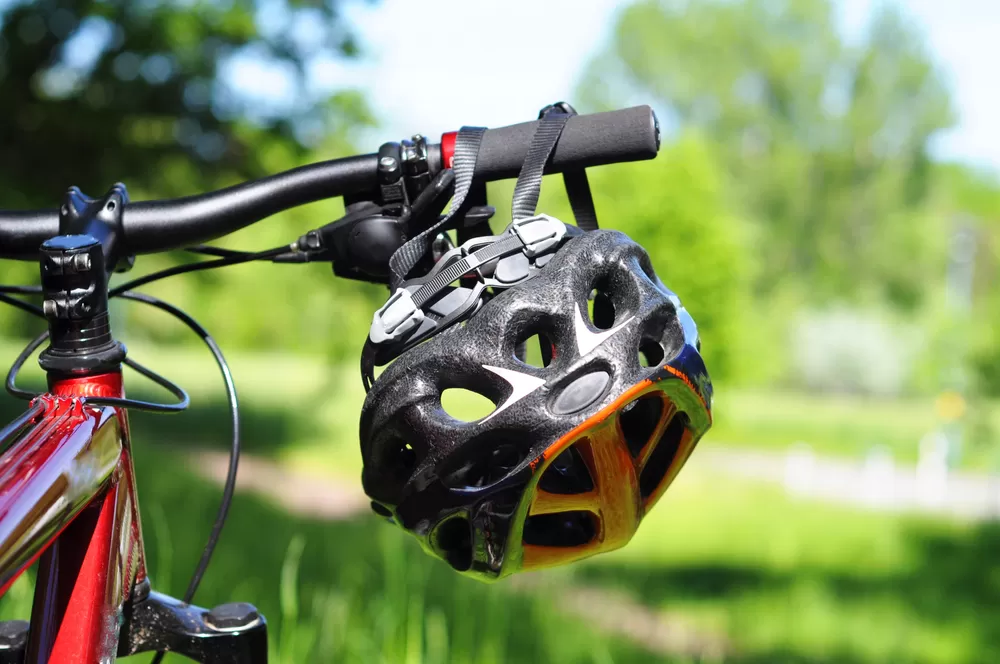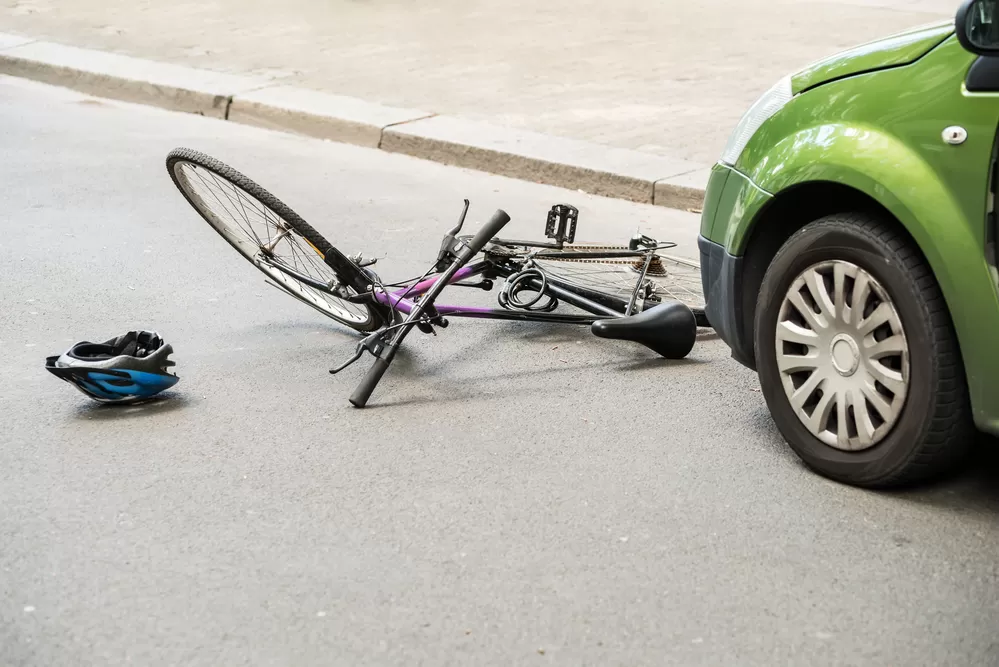Maryland’s helmet laws are strict and clear for riders of motorcycles, bicycles, and motor scooters. Each type of transportation has specific regulations to ensure rider safety and reduce the risk of severe injury.
Does Maryland Have a Motorcycle Helmet Law?

Maryland state laws mandate that all motorcycle riders must wear a helmet meeting the criteria set by the Department of Transportation (DOT). The purpose of this law is to decrease the high rate of head injuries and fatalities in motorcycle accidents. Moreover, motorcyclists must also wear eye protection which can be goggles, spectacles, or shields.
Does Maryland Have a Bicycle Helmet Law?
Maryland’s helmet law regarding bicycles specifically targets younger riders. Individuals under the age of 16 must wear a helmet when riding a bicycle. In addition, local jurisdictions are in charge of setting their own rules. For example, Montgomery County requires bicycle riders under the age of 18 to wear a helmet. Mandatory helmets applies to both operators and passengers and is applicable to all public property including streets, trails and sidewalks.
Does Maryland Have a Motor Scooter Helmet Law?
Motor scooter riders in Maryland are also subject to helmet laws. All motor scooter and moped operators must wear a helmet that complies with the standards set by the DOT. Additionally, riders must have eye protection.
How Can You Identify DOT-Approved Motorcycle/Motor Scooter Helmets?
While retailers inside the U.S. can only legally sell DOT-approved motorcycle helmets, it’s still important to be aware of the requirements, as you may come across novelty and knock-off helmets. Use these tips to identify a helmet that meets the DOT’s standards.
- Look for the DOT sticker on the back of the helmet.
- DOT-approved motorcycle helmets have a substantial amount of weight, generally at least three pounds.
- The helmet’s inner lining should generally be at least an inch thick and feel firm when you press against it.
- The helmet should have a stout chin strap, solid rivets and shouldn’t have any protrusion that’s greater than five millimeters long.
- All DOT-approved helmets must have a manufacturer’s sticker which includes the manufacturer name, the model number, size, production date and materials.
Why Are Helmet Laws Necessary?

Helmets significantly reduce the risk of head injuries in a crash. The National Highway Traffic Safety Administration estimates that helmets reduce the risk of death by 37% for motorcyclists and are effective in preventing brain injuries in a significant number of cases. Maryland’s helmet laws are part of its overall effort to improve road safety and reduce the number of fatalities and serious injuries resulting from traffic accidents involving motorcycles, bicycles and motor scooters.
What Should You Do if You’ve Been Involved in an Accident?
If you’ve been in an accident while operating or riding a motorcycle, bicycle, or motor scooter, the first thing you should do is contact the police. Then, you should undergo a medical examination as some injuries may take hours or even days to manifest. You may also be due compensation, depending on a variety of factors, and having documentation of injuries is important for building a strong case.
Learn More About Maryland’s Helmet Laws
You can find out more about accident claim eligibility following motorcycle accidents, bicycle accidents and motor scooter accidents by contacting the attorneys at Koonz, McKenney, Johnson & DePaolis, LLC. You can also contact us if you have any additional questions or want to learn more about Maryland’s helmet laws, and we will be happy to assist you.

